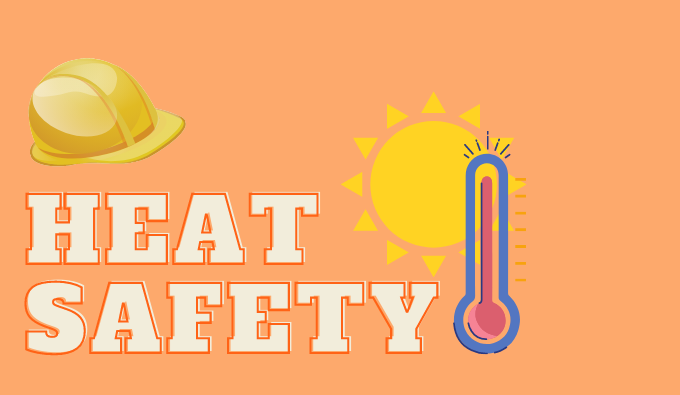
OSHA Implements a National Emphasis Program (NEP) to Combat Heat-Related Injuries and Illnesses
The United States Department of Labor (USDOL) has published an instructional bulletin which establishes programs to combat heat injury and illness for all affected employees governed by the Occupational Safety and Health Administration (OSHA). This instructional...

New York City Benchmarking Reporting Due May 1, 2022
Are you required to report? New York City (NYC) Local Law 84 of 2009 (LL84) enacted requirements to benchmark the energy and water use of city buildings. LL84 applies only to covered buildings, defined by NYC as “... (i) a building that exceeds 50,000 gross square...
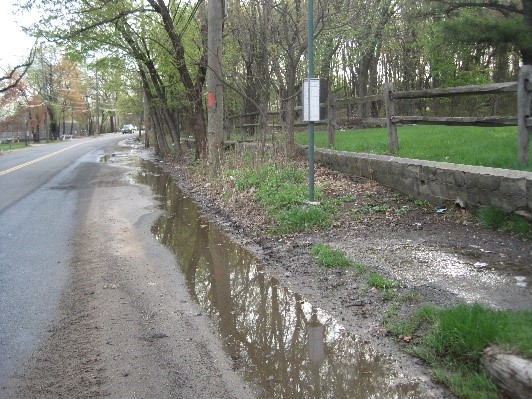
What is the SPDES Permit Program and its Role in Eliminating Pollution?
The State Pollutant Discharge Elimination System (SPDES) permit program was authorized by Article 17 of the Environmental Conservation Law, with the intent of protecting New York State’s water resources from contamination. The SPDES program intends to protect humans,...
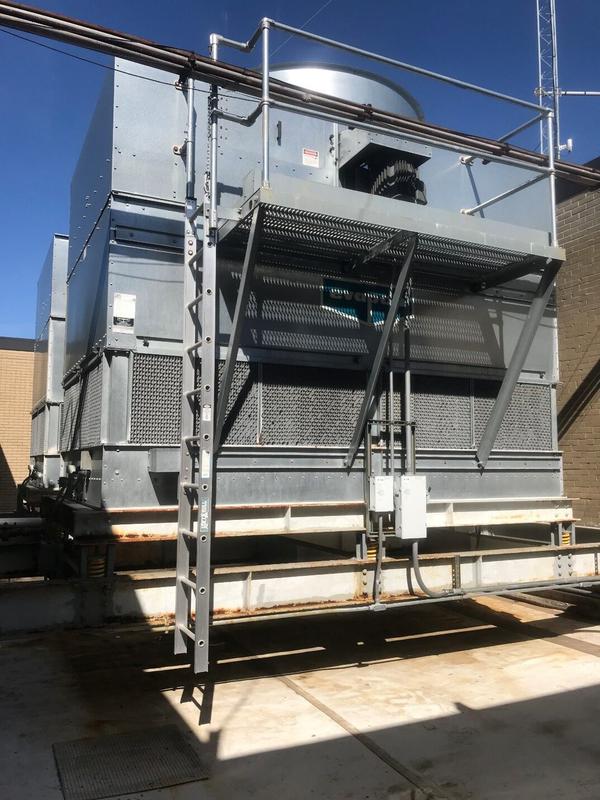
Warmer Weather is on Its Way – Is Your Building Protected from Legionella?
Now that Spring is here and your winterization measures can be removed, it’s the time to make sure all of your Legionella-prevention items are in order. According to the CDC, Legionella grows best between 77°F and 113°F, which means summertime temperatures...

New York City Benchmarking and Energy Efficiency Grading Due May 1st
Benchmarking and Energy Efficiency Grading (Benchmarking) is a tool that The City of New York (City) introduced as part of an initiative to make buildings operate more efficiently. The City standardizes this process by utilizing the United States Environmental...

How Will the Recent Revisions to 6 NYCRR Subpart 202-2 Affect Your Facility?
Facilities that are classified as “major facilities” per 6 NYCRR 201-2.1 (Subpart 201-2) are subject to Title V permit requirements. Under 6 NYCRR 202-2 (Subpart 202-2), all facilities must provide an annual emissions statement, which is a quantitative summary of air...
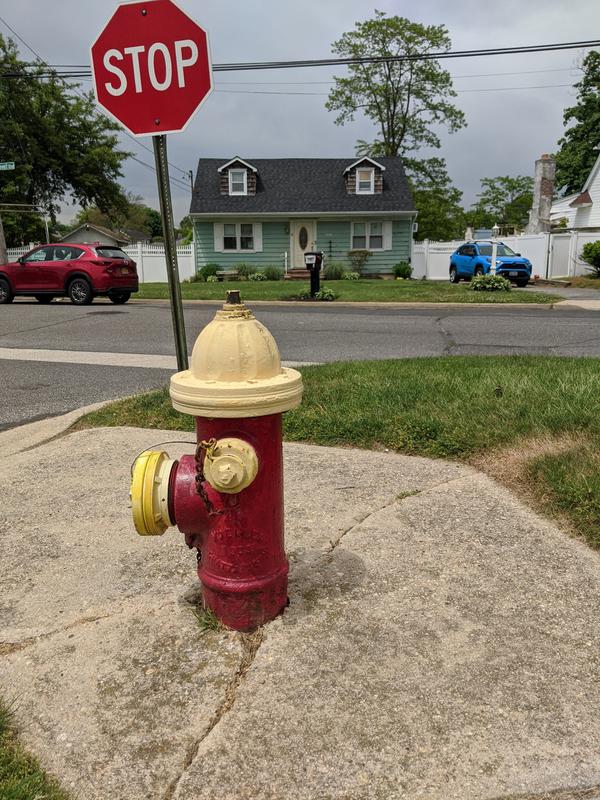
Utility Ownership Issues in New York: What is All the Buzz About?
Recently, there has been considerable conversation across New York State regarding private utility ownership within the various Towns and Villages. Currently, New York American Water (NYAW), a privately-held company, provides service to 120,000 customers in New York,...
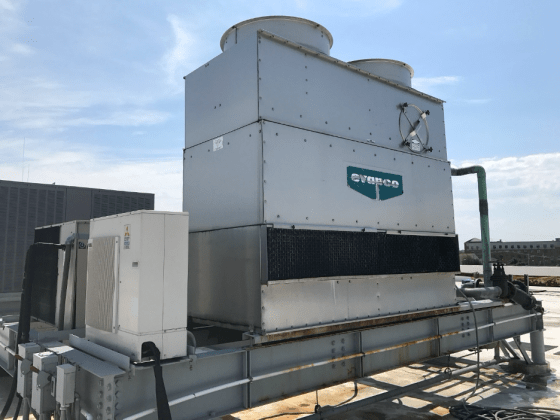
The Connection Between Cooling Towers and Legionella Transmission: How Can We Effectively Reduce the Risk?
Walden Engineer, Lou Goldstein, gets published by Civil and Structural Engineer Media! Throughout the United States and beyond, improper HVAC system maintenance may pose a health risk not only to immediate workers, but the surrounding community as a whole. Legionella...
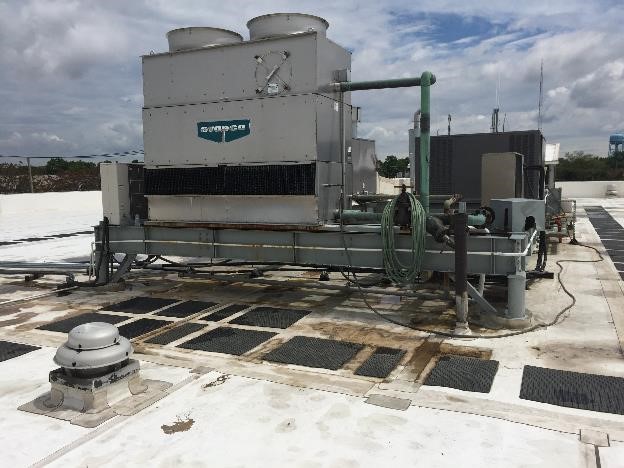
Cooling Season is Approaching Us – Is Your Building Protected from Legionella?
Now that Spring is here and your winterization measurres can be removed, it’s the time to make sure all of your Legionella-prevention items are in order. As a reminder, all owners of cooling towers (including evaporative coolers) must prepare a Legionella...

Concerns for Salt and Brine Road Deicing Materials on Long Island
Now that winter weather is upon us, Long Island regulatory agencies are keeping an eye on bulk road deicing material storage facilities that contain and manage salt and brine. Although use of salt-containing materials is widespread, there are environmental concerns...
